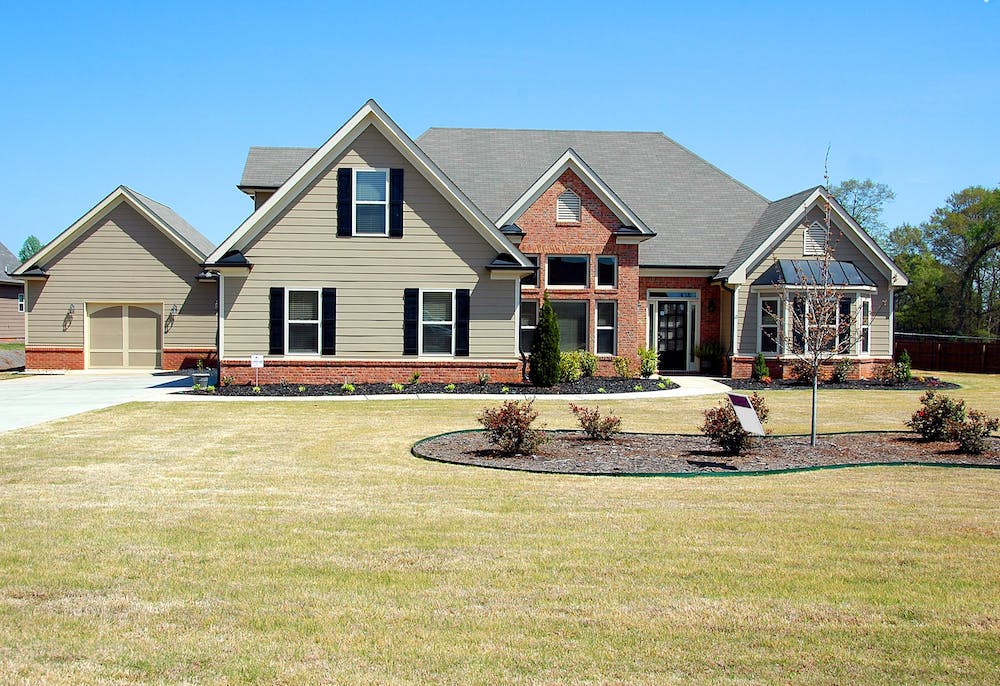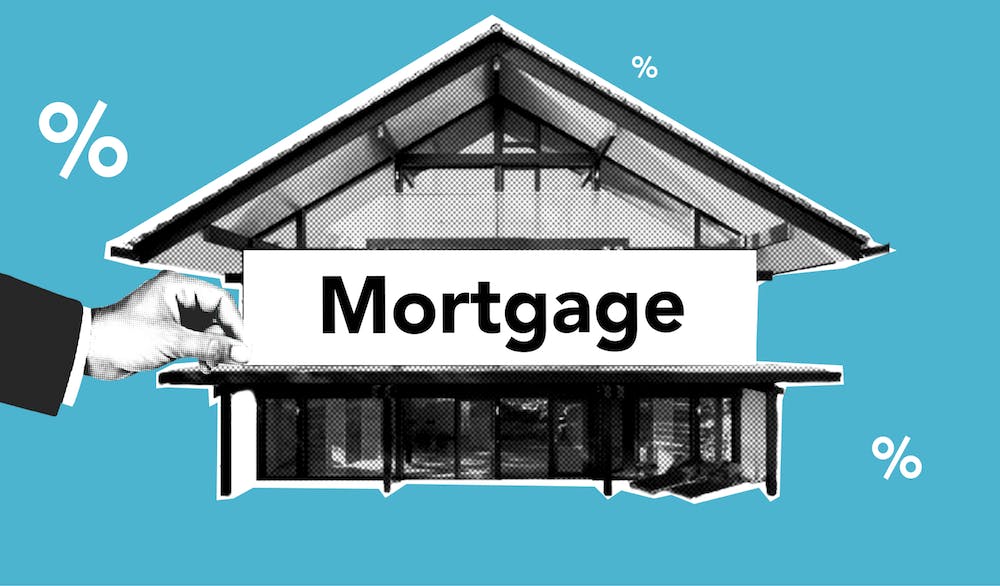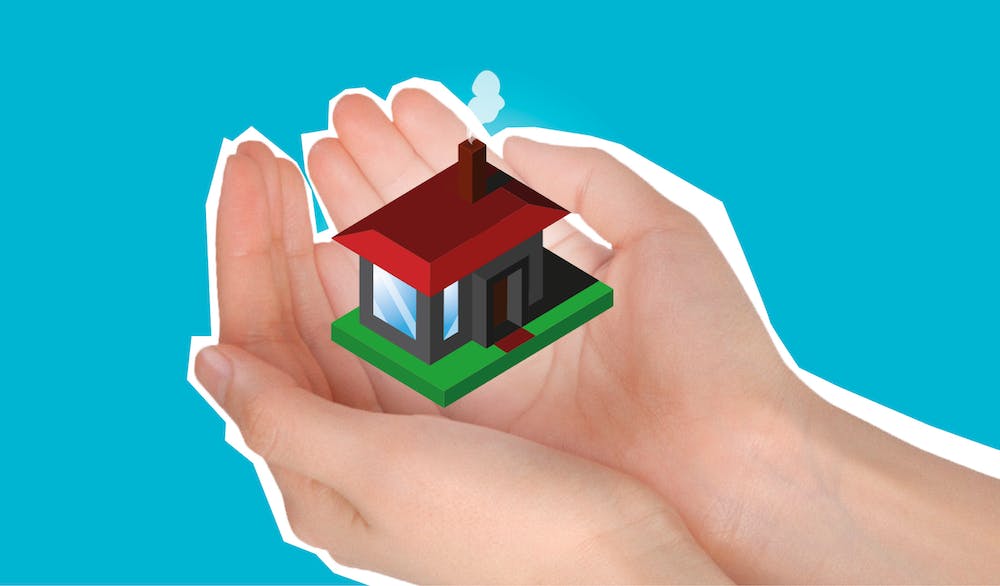Buying a home is a big decision that involves a lot of planning and research. You want to make sure you get the best deal possible and avoid any pitfalls that could cost you money or time. Here are five common home financing mistakes that you should avoid when buying a home.
 1. Not checking your credit score. Your credit score is one of the most important factors that lenders use to determine your interest rate and loan terms. A low credit score can mean higher interest rates, lower loan amounts, or even rejection. You should check your credit score at least six months before you start looking for a home and work on improving it if needed. You can get a free credit report once a year from each of the three major credit bureaus: Equifax, Experian, and TransUnion.
1. Not checking your credit score. Your credit score is one of the most important factors that lenders use to determine your interest rate and loan terms. A low credit score can mean higher interest rates, lower loan amounts, or even rejection. You should check your credit score at least six months before you start looking for a home and work on improving it if needed. You can get a free credit report once a year from each of the three major credit bureaus: Equifax, Experian, and TransUnion.
 2. Not getting pre-approved. Getting pre-approved for a mortgage means that a lender has verified your income, assets, and credit history and has agreed to lend you a certain amount of money. This gives you an advantage over other buyers who may not have a pre-approval letter. You can show sellers that you are serious and ready to buy, and you can negotiate better terms and prices. You should get pre-approved as soon as you know how much you can afford and before you start looking for homes.
2. Not getting pre-approved. Getting pre-approved for a mortgage means that a lender has verified your income, assets, and credit history and has agreed to lend you a certain amount of money. This gives you an advantage over other buyers who may not have a pre-approval letter. You can show sellers that you are serious and ready to buy, and you can negotiate better terms and prices. You should get pre-approved as soon as you know how much you can afford and before you start looking for homes.
 3. Not shopping around for the best mortgage. There are many different types of mortgages available, such as fixed-rate, adjustable-rate, conventional, FHA, VA, USDA, etc. Each one has its own pros and cons, depending on your situation and preferences. You should compare different lenders and loan options to find the best one for you. You can save thousands of dollars over the life of your loan by getting a lower interest rate or better terms. You can use online tools and calculators to compare different scenarios and see how they affect your monthly payments and total costs.
3. Not shopping around for the best mortgage. There are many different types of mortgages available, such as fixed-rate, adjustable-rate, conventional, FHA, VA, USDA, etc. Each one has its own pros and cons, depending on your situation and preferences. You should compare different lenders and loan options to find the best one for you. You can save thousands of dollars over the life of your loan by getting a lower interest rate or better terms. You can use online tools and calculators to compare different scenarios and see how they affect your monthly payments and total costs.
 4. Not saving enough for the down payment and closing costs. The down payment is the amount of money that you pay upfront when you buy a home. The closing costs are the fees and expenses that you pay at the end of the transaction, such as appraisal, inspection, title insurance, escrow, etc. The more money you put down, the less money you have to borrow and the lower your monthly payments will be. However, many people underestimate how much they need to save for these costs and end up borrowing more than they can afford or using up all their savings. You should aim to save at least 20% of the home price for the down payment and 3% to 5% for the closing costs.
4. Not saving enough for the down payment and closing costs. The down payment is the amount of money that you pay upfront when you buy a home. The closing costs are the fees and expenses that you pay at the end of the transaction, such as appraisal, inspection, title insurance, escrow, etc. The more money you put down, the less money you have to borrow and the lower your monthly payments will be. However, many people underestimate how much they need to save for these costs and end up borrowing more than they can afford or using up all their savings. You should aim to save at least 20% of the home price for the down payment and 3% to 5% for the closing costs.
 5. Not hiring a professional real estate agent. Buying a home is a complex and stressful process that requires a lot of knowledge and expertise. A professional real estate agent can help you find the right home for your needs and budget, negotiate the best price and terms, handle the paperwork and legal issues, and guide you through every step of the way. A good agent will also have access to exclusive listings and market information that you may not find online or on your own. You should hire an agent who has experience in your area and who has your best interests at heart.
5. Not hiring a professional real estate agent. Buying a home is a complex and stressful process that requires a lot of knowledge and expertise. A professional real estate agent can help you find the right home for your needs and budget, negotiate the best price and terms, handle the paperwork and legal issues, and guide you through every step of the way. A good agent will also have access to exclusive listings and market information that you may not find online or on your own. You should hire an agent who has experience in your area and who has your best interests at heart.
